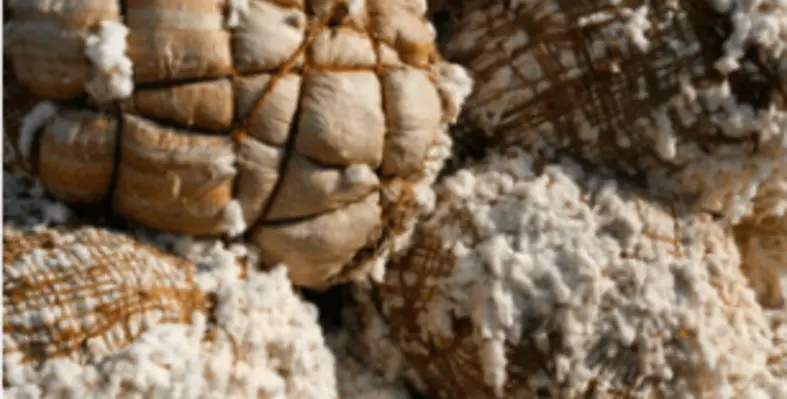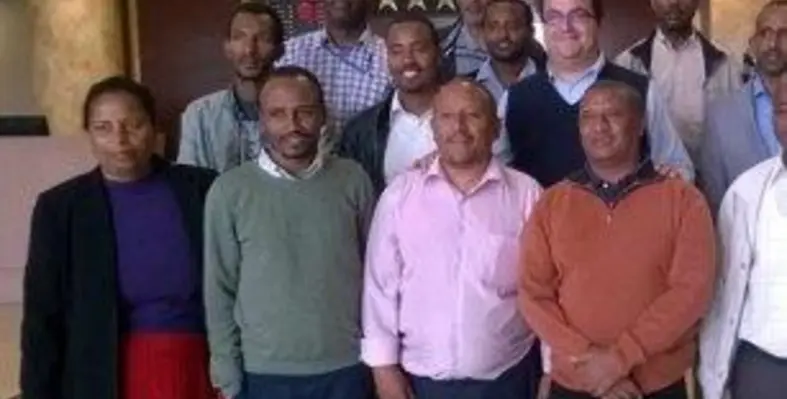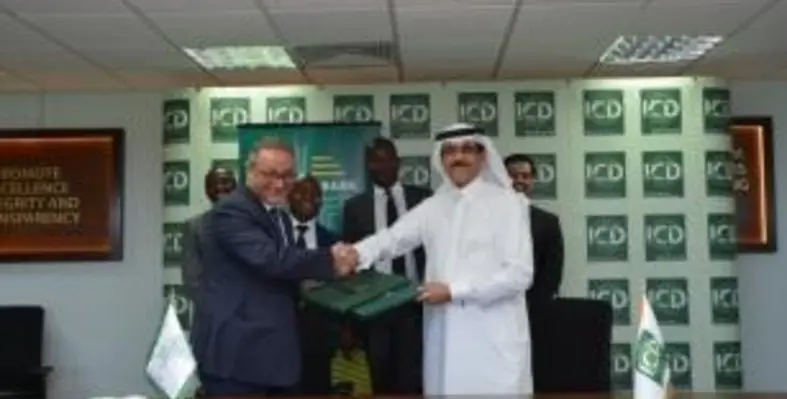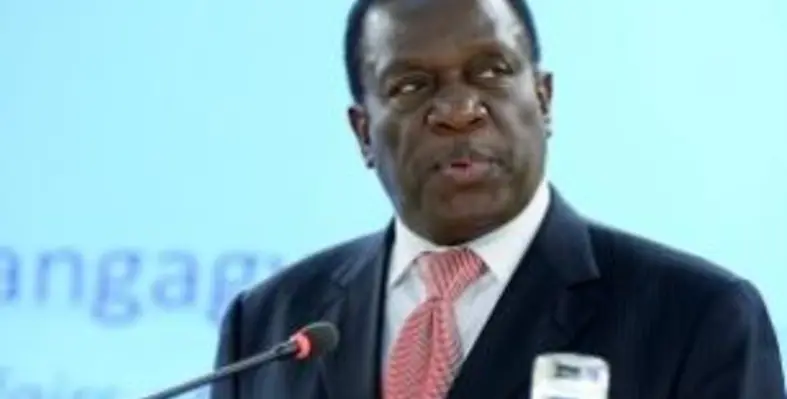The Islamic Corporation for the Development of the Private sector (ICD) and the African Export-Import Bank (Afreximbank) have signed a line of agreement for a US$100mn financing facility
Finance
South Africa and Zimbabwe vow to strengthen trade cooperation
Jacob Zuma, President of South Africa, and Emmerson Mnangagwa, President of Zimbabwe, have undertaken to strengthen economic trade and cooperation between the two countries
Angola Cables to boost connectivity for research and education institutions

Scientists and academics are set to benefit from good connectivity similar to their international counterparts. (Image source: Blue Fiber2/Flickr)
Angola Cables has announced an agreement with the West and Central African Research and Education Network (WACREN) to improve connectivity for research and higher education institutions
ITFC signs US$117.94mn contract to help in cotton export in Cameroon

Cotton is one of the main exports and an important revenue generating vehicle for Cameroon. (Image source: Annette Schindler/Adobe Stock)
The International Islamic Trade Finance Corporation (ITFC), has signed a US$117.94mn syndicated agreement with the government of Cameroon and Sodecoton for the export of cotton and import of agricultural inputs
AfDB strengthens Ethiopia’s debt management capacity

Skills and competencies acquired through the training will enable Ethiopia to improve debt management and increase domestic resources mobilisation. (Image source: AfDB)
The African Development Bank (AfDB) has conducted the first of a series of capacity development sessions on debt management for Ethiopia, covering themes such as loan negotiations and management, domestic debt and capital markets development and enhancement of analytical and evaluation advisory capacity













